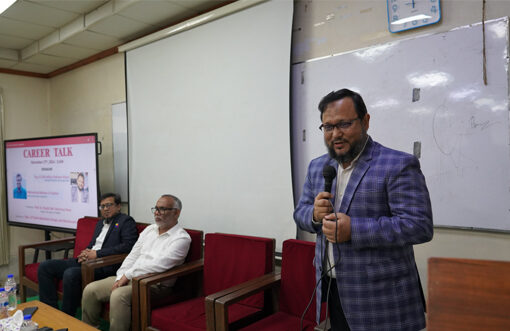Slow recovery in home textile, losing share to Pakistan

Bangladesh’s home textile industry has faced a downturn in exports, largely attributed to a sudden increase in gas prices, which surged by 150% in early 2023. This hike made production costs unsustainable, causing a significant shift in work orders to Pakistan. Bangladesh’s political instability and labor unrest have also affected exports, while Pakistan’s advantages include being a major cotton producer and benefiting from EU’s GSP+ program, unlike Bangladesh, which only receives standard GSP benefits. Pakistan’s strategic export policies and support from the Special Investment Facilitation Council (SIFC) further boosted its textile exports, reaching a high of $1.64 billion in August 2023.
Bangladesh’s home textile exports declined by 2.05% in FY 2023-24, amounting to $851.01 million, down from $1.62 billion two years earlier. This decline follows a previous period of strong growth driven by increased demand during the pandemic. Industry leaders like ‘Noman Group’ report that gas supply issues and labor unrest hinder efforts to regain market share. Pakistan’s consistent cotton supply and preferential EU tariffs since 2014 have increased its competitiveness, resulting in a 108% increase in its exports to the EU over the past decade. Bangladesh’s mills, facing capacity issues due to low gas pressure, are struggling to meet global demand.





Comment here